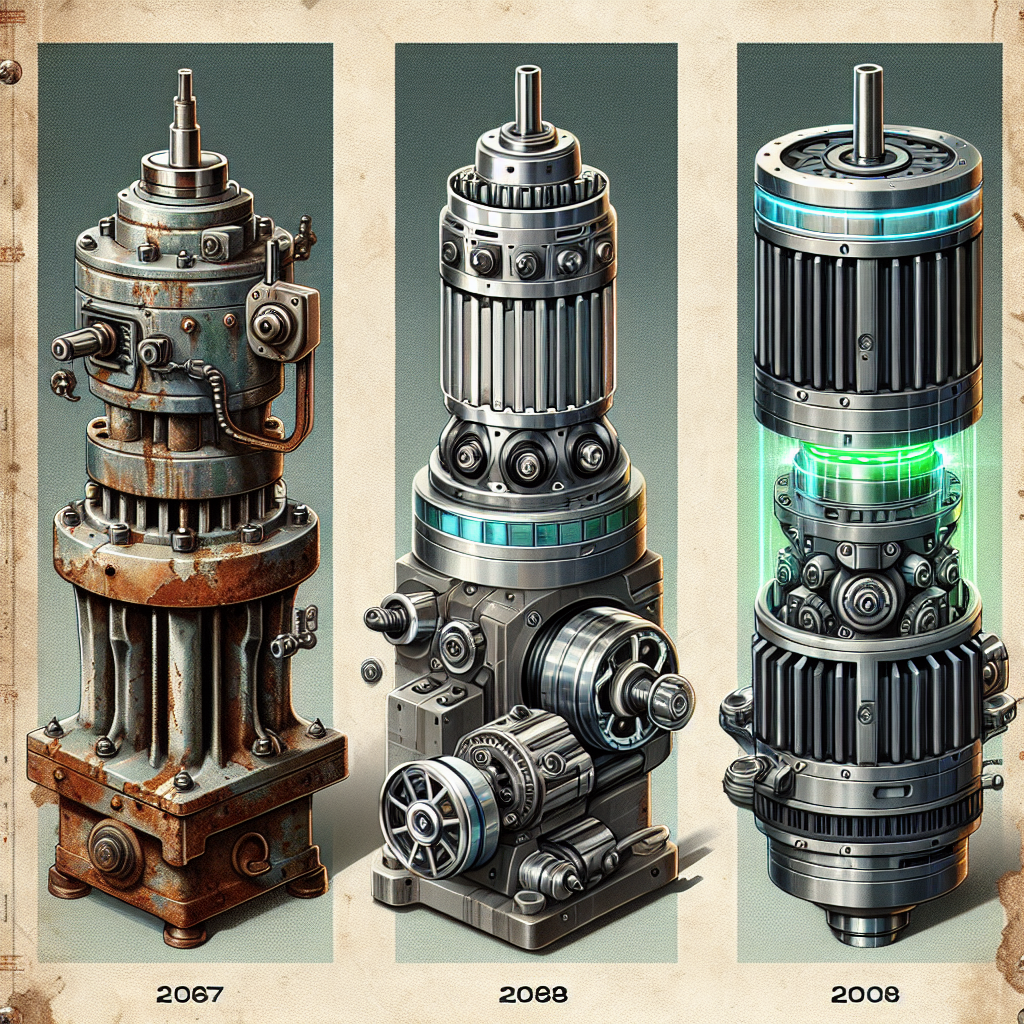The Evolution of Spindle Motors in the Industrial Sector
Spindle motors play a crucial role in the industrial sector, providing the power and precision needed for various machining operations. Over the years, these motors have undergone significant evolution, leading to improvements in efficiency, performance, and reliability.
In the early days of industrial machining, spindle motors were typically large, heavy, and inefficient. They were often belt-driven or gear-driven, resulting in limited speed control and accuracy. These motors were also prone to overheating and mechanical failures, leading to frequent downtime and maintenance issues.
However, advancements in technology and engineering have led to the development of more advanced spindle motors. Today, modern spindle motors are compact, lightweight, and highly efficient, thanks to the use of advanced materials, design techniques, and manufacturing processes.
One of the key advancements in spindle motor technology is the adoption of direct drive technology. Direct drive spindle motors eliminate the need for belts or gears, providing a more direct and efficient power transfer from the motor to the tool. This results in higher speed control, better accuracy, and improved overall performance.
Another important development in spindle motor technology is the use of brushless motors. Brushless spindle motors are more reliable and require less maintenance compared to traditional brushed motors. They also offer higher power density, faster response times, and better control over speed and torque.
Furthermore, advancements in motor control technology have enabled the integration of smart features such as programmable speed profiles, automatic tool change capabilities, and remote monitoring and diagnostics. These features help optimize machining processes, improve productivity, and reduce downtime.
Overall, the evolution of spindle motors in the industrial sector has led to significant improvements in performance, efficiency, and reliability. As industries continue to adopt advanced machining technologies, the demand for high-performance spindle motors will only continue to grow. Manufacturers are constantly innovating and pushing the boundaries of what is possible, ensuring that spindle motors will continue to play a crucial role in the future of industrial machining.


